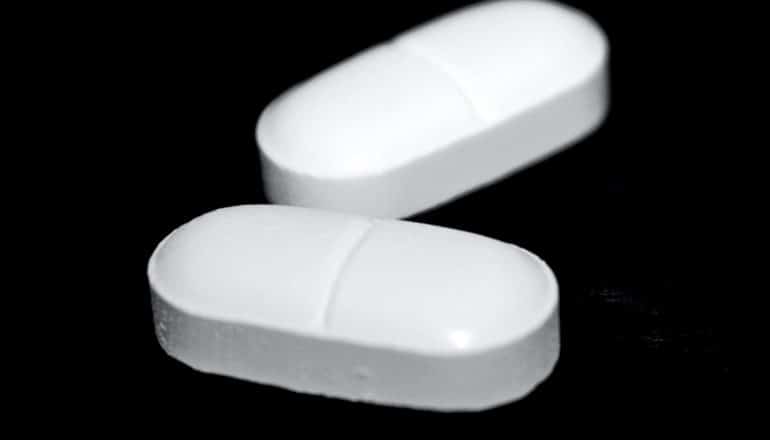
Hydroxychloroquine is not effective in preventing the development of COVID-19 when taken after exposure to prevent infection, clinical trial results show.
The trial is the first completed double-blind, randomized, placebo-controlled trial of hydroxychloroquine for disease prevention.
“While we had hope this drug would work in this context, our study demonstrates that hydroxychloroquine is no better than placebo when used as post-exposure prophylaxis within four days of exposure to someone infected with the new coronavirus,” says Todd Lee, a scientist at the Research Institute of the McGill University Health Centre (RI-MUHC), associate professor of medicine in the division of infectious diseases at McGill, and one of the lead authors of the study in the New England Journal of Medicine.
This trial included 821 asymptomatic adults with household or health care exposure to someone with confirmed COVID-19, who were enrolled nationwide in the United States and in the Canadian provinces of Quebec, Manitoba, and Alberta.
Among them, 719 participants reported a high-risk exposure, of less than six feet (two meters) for more than 10 minutes without one of the components of personal protective equipment (e.g. mask or face shield), to a confirmed COVID-19 contact. For the most part, they were healthy younger community-dwelling adults (average age 40 years).
Within four days of exposure, the participants received either placebo or hydroxychloroquine by commercial courier which they were to take over five days, starting with a stronger dose on day one. Investigators and participants were blind to the treatment assignments, and an independent data and safety monitoring board (DSMB) externally reviewed the data.
“This is the gold standard method for this type of intervention,” says coauthor Emily G. McDonald, investigator at the RI-MUHC and director of the Clinical Practice Assessment Unit. “It is incredibly important that we complete randomized controlled trials so that we have the best available evidence for how to prevent the spread of COVID-19.”
Overall, 107 of 821 of participants developed COVID-19 (either confirmed with a test or symptomatically compatible disease) over the 14 days of follow-up. Both confirmed cases and probable cases were included, due to some lack of availability of diagnostic testing in the United States.
Among those who received hydroxychloroquine, 49 developed the disease (or compatible symptoms such as fever or cough), vs. 58 in the group that received the placebo. Two patients were hospitalized, one in each group. No deaths occurred.
Medication side effects like nausea and abdominal discomfort were more common for patients taking hydroxychloroquine compared to placebo (40% vs. 17%), but no serious treatment-related adverse reactions were reported, including any heart arrhythmia.
“Our study’s results set politics aside and provide unbiased evidence to guide practice in the prevention of COVID-19 and reinforce the importance of randomized clinical trials as we work together nationally and internationally to combat the novel coronavirus,” says Ryan Zarychanski, associate professor of internal medicine at the Max Rady College of Medicine at the University of Manitoba and senior scientist at the Research Institute in Oncology and Hematology.
More research is needed to determine whether hydroxychloroquine can be effective for the early treatment of COVID-19, and whether pre-exposure prophylaxis could be effective in high-risk populations. Various trials are ongoing worldwide, including in Canada (covid-19research.ca). At the MUHC, a trial looking at early treatment in the community is underway.
Additional researchers from the University of Minnesota, the McGill University Health Centre, and the Universities of Manitoba and Alberta contributed to the work.
Source: McGill University
The post Hydroxychloroquine doesn’t prevent COVID-19 after exposure appeared first on Futurity.
from Futurity https://ift.tt/3gM3fYq
No comments:
Post a Comment